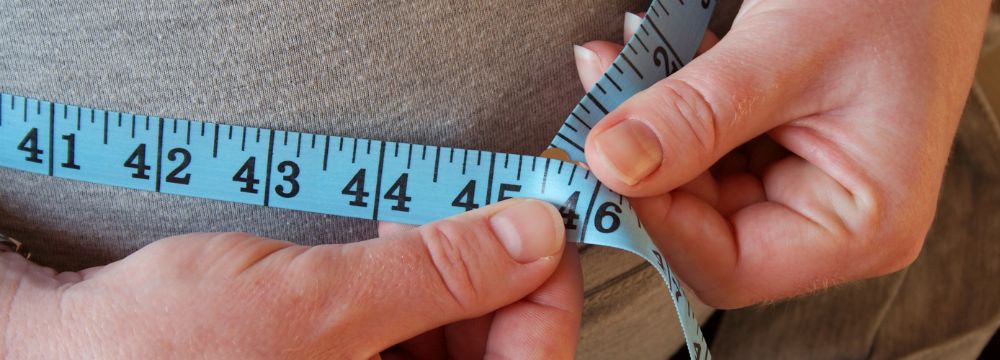
One of the more exciting, pervasive, and even somewhat controversial topics in surgery revolves around gaining weight after gallbladder removal. What are the most common reasons for removing a gallbladder? Other than certain diseases, gallstones are the primary cause of gallbladder removal. This is especially true for patients who carry excess weight, as they are more likely to develop symptomatic gallstones. Even after bariatric surgery, there is a risk of developing gallstones, especially if patients do not follow their hydration protocol closely. Gallstones can be removed with a primary procedure known as cholecystectomy, but some patients will have their gallbladder removed as part of a primary bariatric surgery if the gallstones are symptomatic.
Why Do People Believe They Gain Weight After Gallbladder Removal?
There is little evidence to show that gallbladder removal directly causes weight regain, though it is true that many patients do gain weight after their gallbladder is removed. Let’s unpack this and find out why.
Gallstones become symptomatic when one or more block the outflow of bile from the gallbladder. Think about your gallbladder as a reservoir of bile to allow your body to adapt quickly to different meal sizes. While your liver is the production center for bile, it can’t produce much more on demand, for example, when you eat a particularly large or fatty meal. Instead, the gallbladder squeezes out extra bile based on the amount the body needs and on what and how much has been eaten.
Most people have gallstones, but in only a fraction of those people do they become symptomatic. Initially, a gallstone attack may be relatively mild and go away rather quickly. However, this usually begins a cycle of worsening pain and longer duration. At a certain point, the gallstone attacks become frequent and painful enough that patients learn what to eat and what not to eat. First, most patients will eat less to avoid the pain. This, of course, means a lower calorie intake. From there, patients will often minimize their intake of fatty foods, which can benefit their health and weight.
So Why Would You Gain Weight?
It stands to reason that when the source of pain is eliminated – the gallbladder – patients can eat virtually anything they want without feeling the side effects they did before surgery. This liberalization of their diet tends to add pounds, and depending on the patient’s particular habits, it can do so relatively quickly. So, as you can see, it’s not the surgery that causes weight regain, but rather the lack of symptoms after surgery that allows the patient to liberalize their diet.
A Note on Fatty Foods After a Gallbladder Removal
Without the gallbladder, the body relies solely on the liver to produce bile. Now that the gallbladder is gone, the liver deposits the bile directly into the small intestine, but certainly, in the early days, it hasn’t adapted to produce so much. However, as with many things in our bodies, the liver is a very adaptable organ and begins to make more bile as a baseline. It’s important to note that eating large meals or fatty foods may trigger some G.I. discomfort, most commonly loose stools and flatulence, because the liver has not or may never be able to adapt as quickly as you need. As such, after removing your gallbladder, it can be helpful to standardize meals and try to keep a consistent amount of fat consumed.
The Bottom Line
Removing a gallbladder does not directly cause weight gain. However, elimination of the symptoms of gallstones may allow for a liberalized diet, which then may cause weight gain. Be sure to speak to your surgeon about ensuring you do not gain too much weight after your gallbladder surgery. In the meantime, we hope this article has helped you understand more about your gallbladder procedure and what to expect after surgery.
